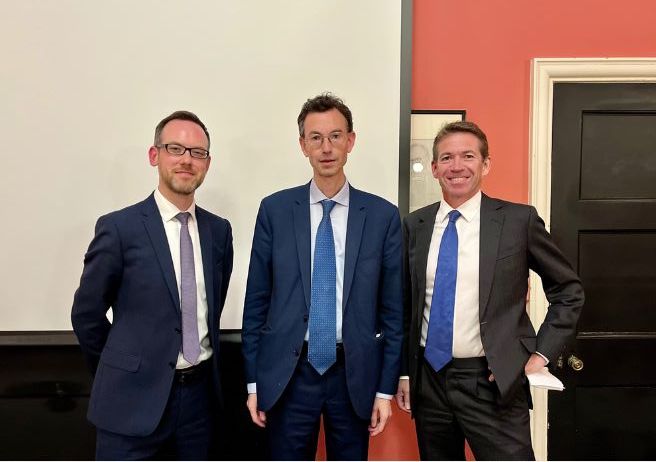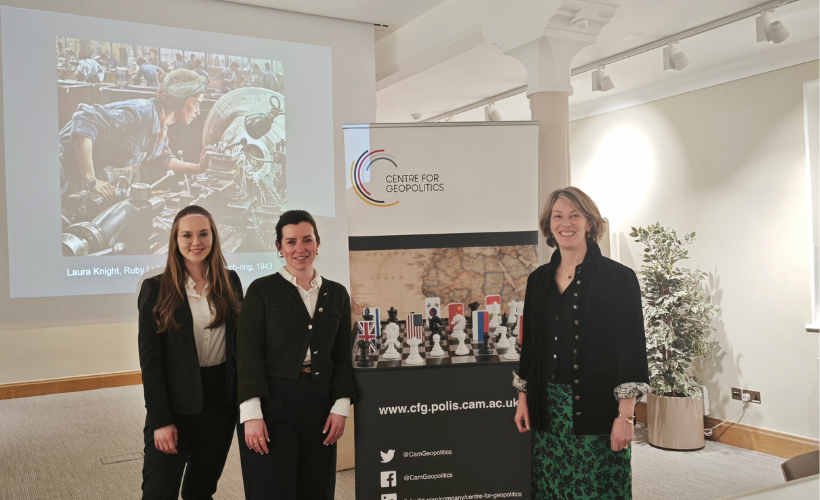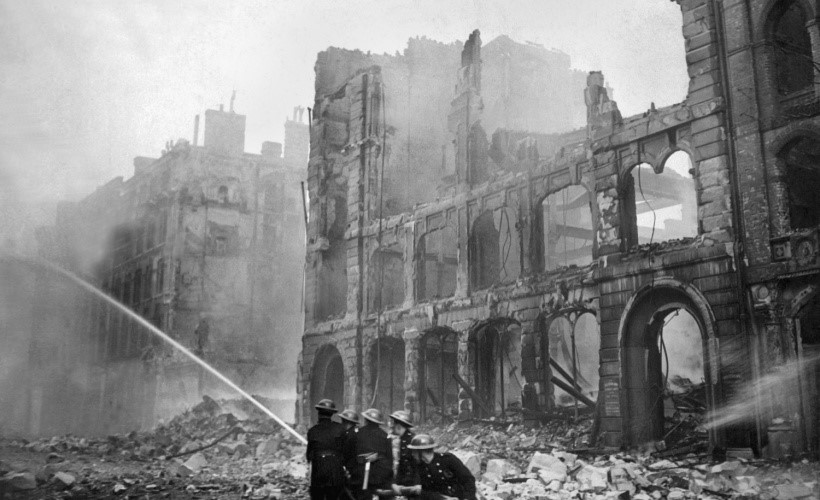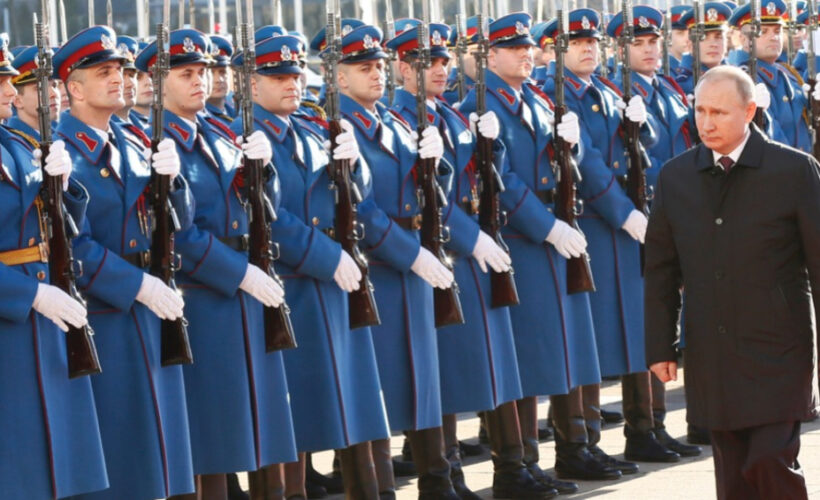On Monday 26 September, the Centre for Geopolitics hosted a panel event on Writing military history today, made up of Saul David (Professorial Research Fellow at the University of Buckingham’s Humanities Research Institute) and Glyn Prysor ( Research Director at the National Army Museum), experts across various aspects of military history, chaired by the Centre’s director and military historian, Brendan Simms. Nicole Hartwell (National Army Museum Research Fellow in Indian Military History at Selwyn College, Cambridge), was invited but was unwell and unable to join.
A central topic that emerged from the panel was why military history is highly represented in the popular press but underrepresented and undervalued within the academic sphere. The ensuing discussion raised the point that restrictions placed upon academic research (derived in large part from the constraints of securing funding for research and responding to the desires of the funding bodies) often do not map with the realities of what people want to read. Academic historians, therefore, have little incentive to write for a commercial audience, which creates a division between the areas of ‘commercial history’ and ‘academic history’. Glyn Prysor, one of the panellists, suggested that this gap is filled by the National Army Museum and similar institutions, which take academic research and translate it for public consumption. In addition to failing to marry the needs of academia with the needs of the general consumer, a further criticism was raised that academia is not producing research on military history that the army needs and a solution to this is perhaps growing the army’s own capabilities to fund and support research outside of university institutions.
Interestingly, while it was noted that it has become increasingly difficult to pursue military history as a specific academic post, the question was raised of whether the war in Ukraine and the return of traditional warfare will change this. The panellists described their own indirect experiences of war – growing up in the atmosphere of the Cold War or the Gulf War – as influencing their decision to pursue military history as an area of research. The impact of the war in Ukraine – also the first TikTok war – on future military historians remains to be seen.
Indeed, there has already been a shift in military history over the past 10–15 years from a very parochial, British-focused approach to now situating these histories within broader trends of global scholarship. Alongside this change in how military history is written has also come a shift in how military history is consumed – moving to new technologies like video games, short-form video platforms, and podcasts.
One thing that all agreed upon is that there has never been so much interest in military history across the board (even if not reflected in academic funding), and as such, we are in an exciting time for this area of study.
Panellists Glyn Prysor (left), Brendan Simms (middle) and Saul David (right)








